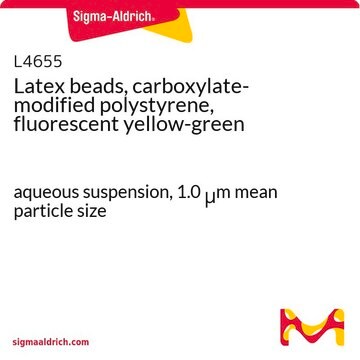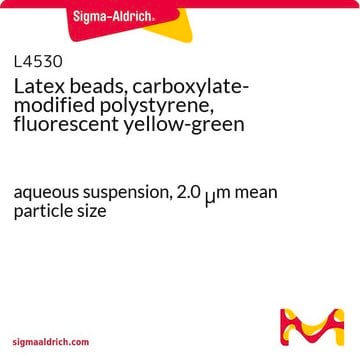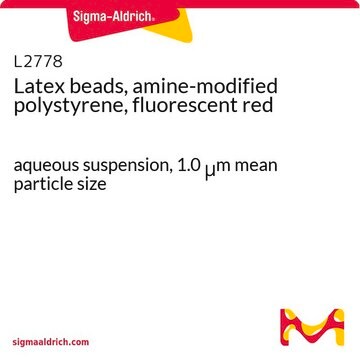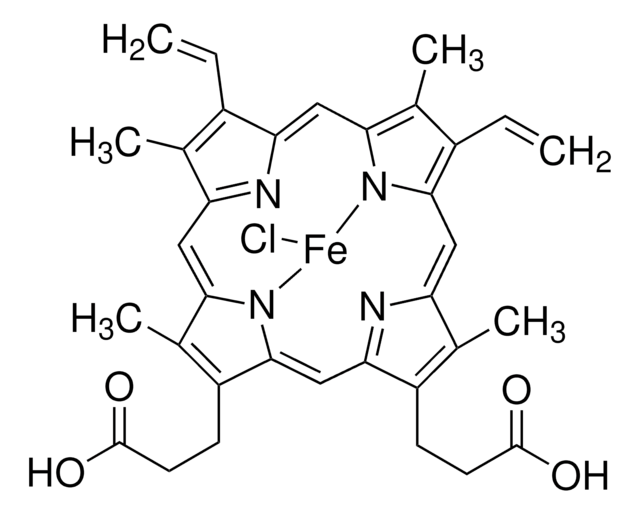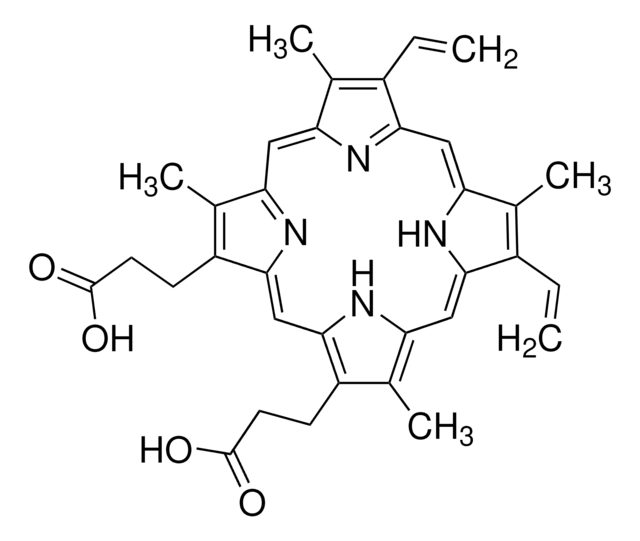AB1254
Anti-Cytochrome P450 Enzyme CYP3A4 Antibody
serum, Chemicon®
Synonym(s):
Anti-Anti-CP33, Anti-Anti-CP34, Anti-Anti-CYP3A, Anti-Anti-CYP3A3, Anti-Anti-CYPIIIA3, Anti-Anti-CYPIIIA4, Anti-Anti-HLP, Anti-Anti-NF-25, Anti-Anti-P450C3, Anti-Anti-P450PCN1, Anti-Anti-VDDR3
About This Item
Recommended Products
biological source
rabbit
Quality Level
antibody form
serum
antibody product type
primary antibodies
clone
polyclonal
species reactivity
human, pig
species reactivity (predicted by homology)
mammals, rat
manufacturer/tradename
Chemicon®
technique(s)
immunohistochemistry: suitable
western blot: suitable
NCBI accession no.
UniProt accession no.
shipped in
dry ice
target post-translational modification
unmodified
Gene Information
human ... CYP3A4(1576)
Specificity
Immunogen
Application
Metabolism
Enzymes & Biochemistry
Immunohistochemistry: 10% formalin fixed, paraffin embedded tissues 1:200-1:400, microwave-citric acid antigen recovery is suggested.
Optimal working dilutions must be determined by end user.
Target description
Physical form
Storage and Stability
Analysis Note
Liver tissue
Other Notes
Legal Information
Disclaimer
Not finding the right product?
Try our Product Selector Tool.
Storage Class Code
10 - Combustible liquids
WGK
WGK 1
Flash Point(F)
Not applicable
Flash Point(C)
Not applicable
Certificates of Analysis (COA)
Search for Certificates of Analysis (COA) by entering the products Lot/Batch Number. Lot and Batch Numbers can be found on a product’s label following the words ‘Lot’ or ‘Batch’.
Already Own This Product?
Find documentation for the products that you have recently purchased in the Document Library.
Our team of scientists has experience in all areas of research including Life Science, Material Science, Chemical Synthesis, Chromatography, Analytical and many others.
Contact Technical Service